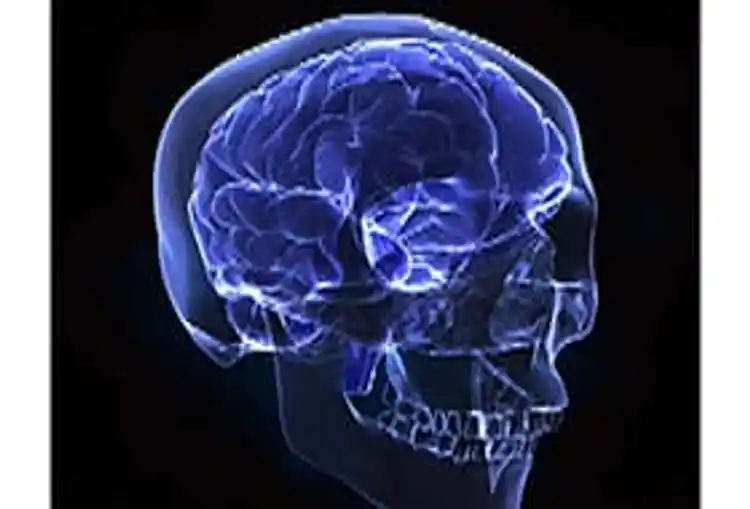Osteonecrosis of Jaw

Hide Video Transcript
Video Transcript
Narrator
Should I be concerned about osteonecrosis of the jaw? Ethel Siris, MD
The drugs Fosomax, Actonel, Boniva and Reclast, which are called bisphosphonate drugs have been associated with a new, newly recognized condition, called osteonecrosis of the jaw. Now let me say right now, immediately, that I think the risk of this condition in somebody on one of these drugs for osteoporosis is extremely low. What we've found was that people who were getting intravenous drugs like Reclast in very high doses monthly, or every couple of months, for a different condition, namely cancer, that had spread to bone, where these drugs are very helpful in making the bone resist the cancer. Those patients, a small percentage of them, develop osteonecrosis of the jaw. In the osteoporosis treatment side, this is really very, very unusual. Now, what is osteonecrosis of the jaw? The jawbone is a very active bone. It's what we call turning over itself frequently. It's replenishing itself and renewing itself all the time because the jaw is very close to the mouth and the mouth is full of bacteria. So the jawbone has to be able to fight off bacteria that you know, might sneak in through the gum. If you give frequent infusions of an intravenous member of this class of drugs, it's going to love to go right to bone. So a certain amount of the drug goes right to bone in the jaw, and it may reduce the ability of the jawbone to what we call turn over. Now, if you then go and have a tooth pulled and a piece of the bone is now exposed, you've pulled the tooth out, the bone is exposed literally to the air. Sometimes that bone has more trouble healing and it winds up getting infected by the bacteria in the mouth. The problem is in the bone, but it, it's something that can lead to an open wound. Some people can have this happen if they have a cancer situation typically, even without a tooth extraction, maybe during an implant procedure. It doesn't happen if you have your teeth cleaned. It doesn't happen if you have a cavity fixed, but it's most commonly going to happen when the bone is exposed for some reason and it just doesn't heal well. When it was first happening, nobody knew what it was or what to do for it. I think today, the oral surgeons are much, much better at dealing with it and in the osteoporosis population, we think it probably happens, but it's not very common. So it's the old story of what are the risks and what are the benefits of the drug. If you're at significant risk for breaking bones and you can reduce that risk by about half, which is what these drugs do, that benefit overwhelmingly outweighs the very, very small risk of having osteonecrosis of the jaw. And I think that as we understand osteonecrosis of the jaw better, we're going to find out that there are probably other things in the people who get that, that are going to tell us that those are people we have to be especially careful in. 